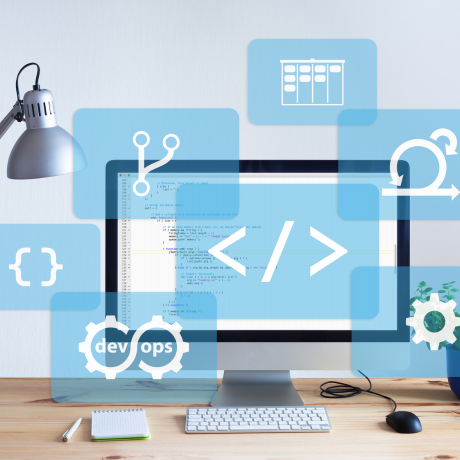MODERNISE OUTDATED SOFTWARE SYSTEMS
What is legacy code conversion?
In the tech world, software applications are in a constant state of evolution. However, many organisations find themselves shackled by the burdens of legacy code, which are existing software applications or systems that have been in use for a significant period. These are often characterised by outdated technologies, architectures and coding practices. This legacy code can hinder innovation and efficiency.
Legacy code conversion is a way to revitalise software systems, ensuring that they remain adaptable and robust in the face of changing requirements. While the process can be challenging, with the right team and a methodical approach, it can be a rewarding endeavour.

Reasons to convert legacy code
What factors contribute to code being labelled as legacy?
Netgen – experts in legacy code conversion
Futureproof your software solutions

